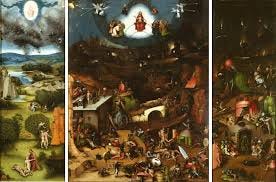Pascal assumes the answer is “yes.” We should live good, pious lives because there’s a chance there’s a God, a Judgment Day, a reward for our goodness at the end of the tunnel of this world. But if we knew there wasn’t an afterlife—his wager implies—we should live it up, or at least not be so constrained.
Heidegger, by contrast, adopts a posture in Being…
Keep reading with a 7-day free trial
Subscribe to What Is Called Thinking? to keep reading this post and get 7 days of free access to the full post archives.



